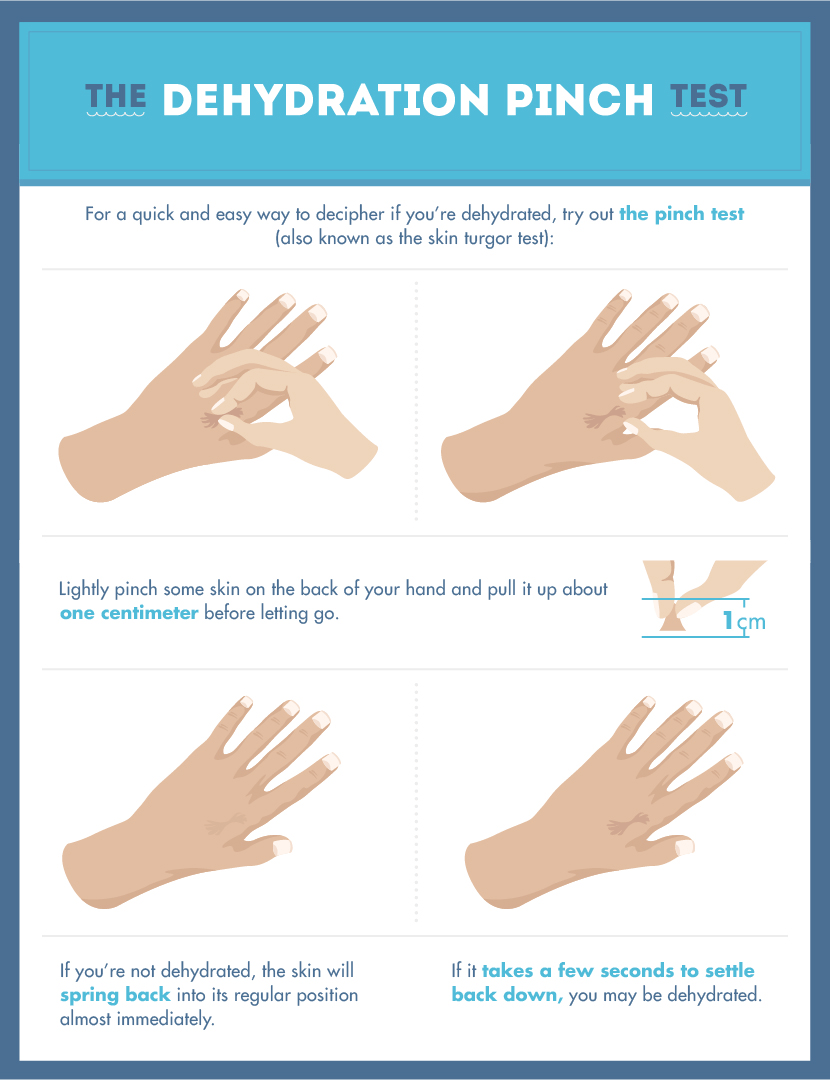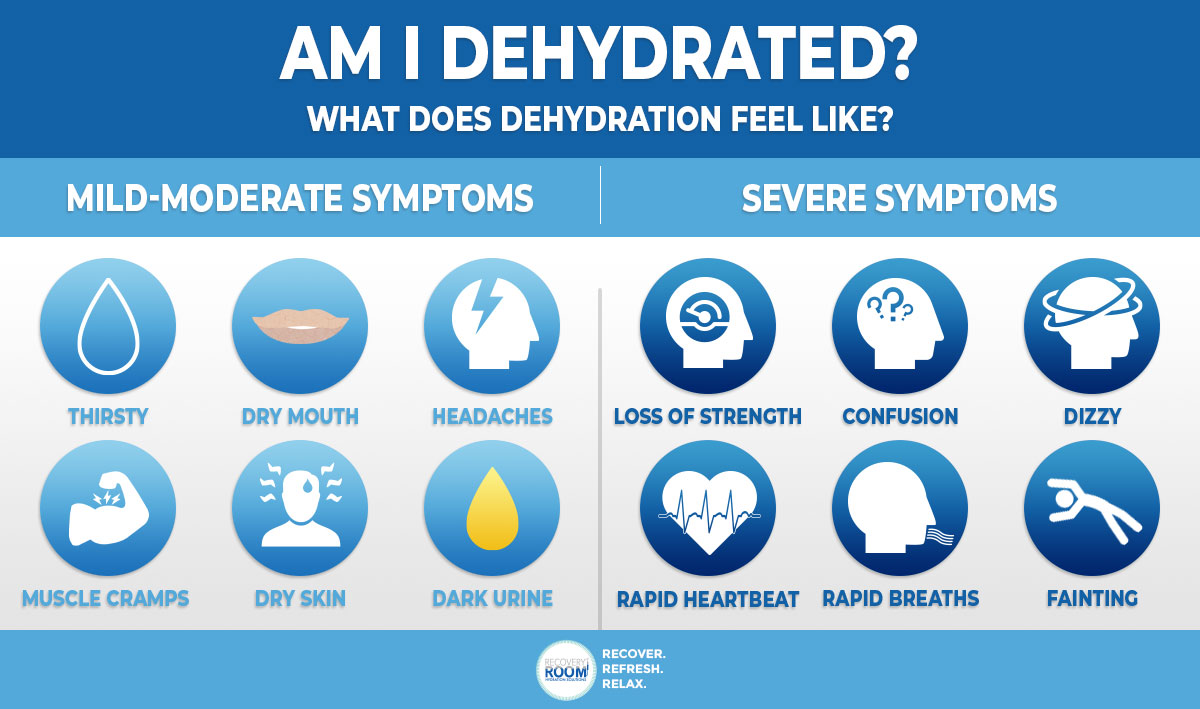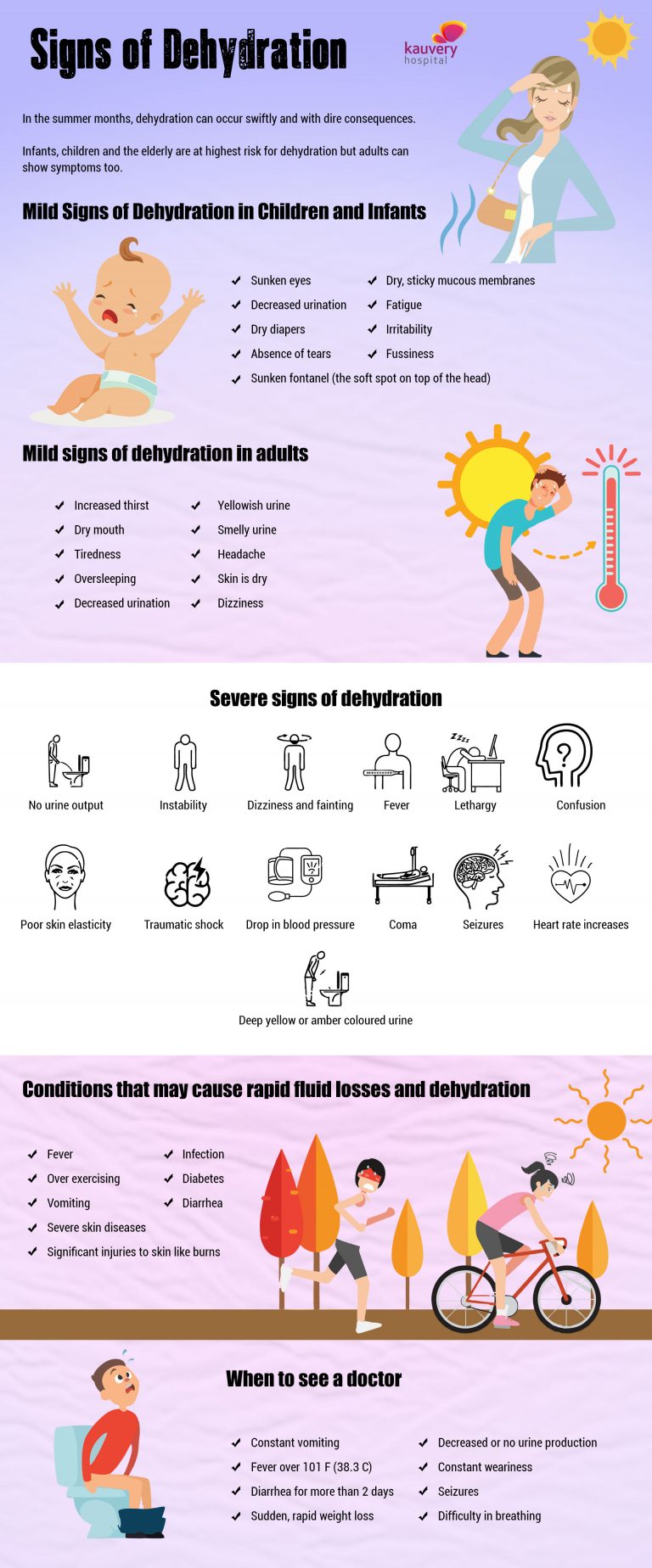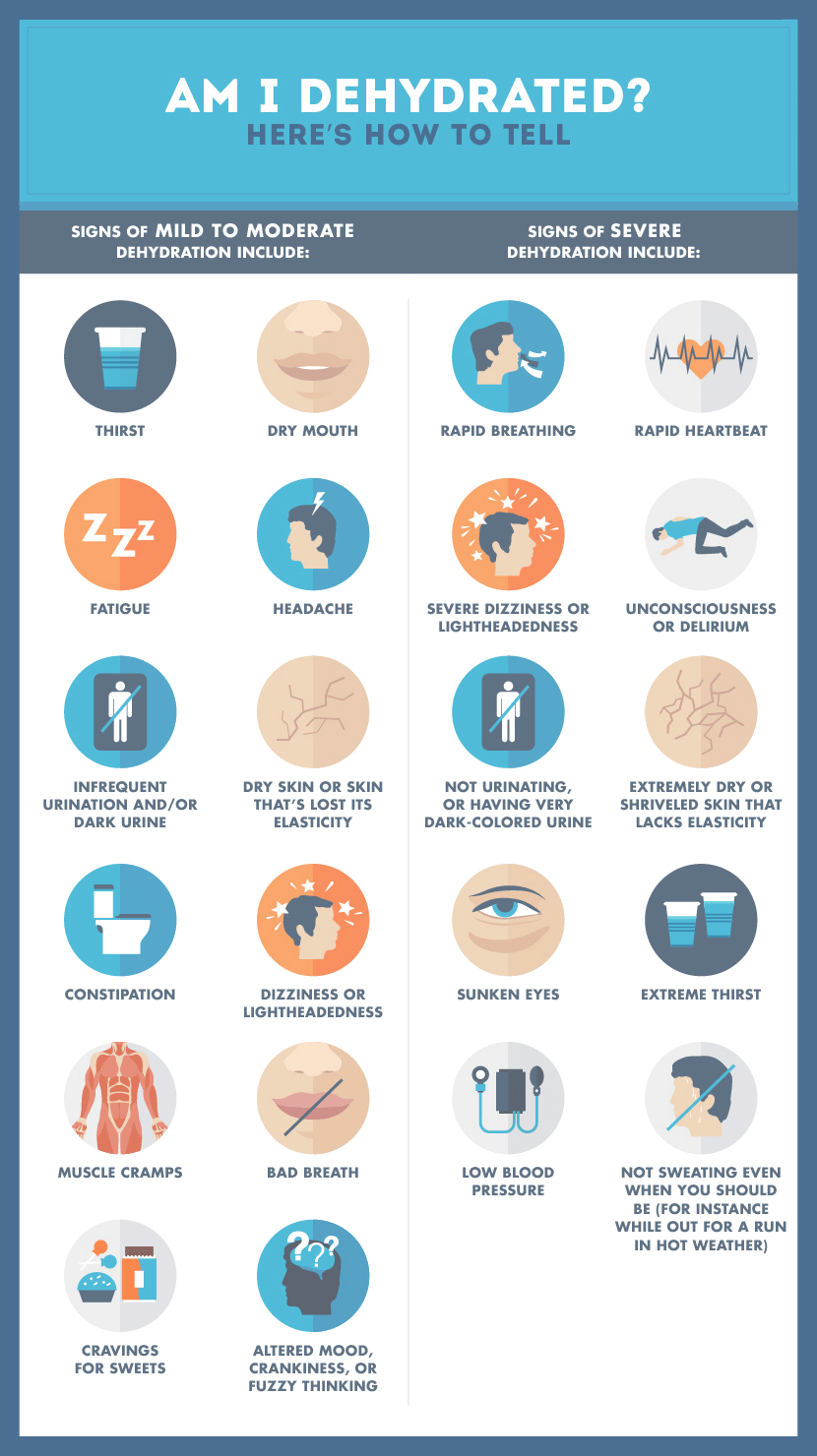Slow Blood Draw Dehydration
Slow Blood Draw Dehydration - So, how can dehydration increase your risk of experiencing both low blood pressure and high blood pressure? As mentioned above, dehydration impairs blood vessel function and blood pressure regulation. A blood test can also. Start drinking plenty of water the morning of your draw, and in the waiting room before your draw. The progressive fall in total body fluid poses a marked challenge to thermoregulationand cardiovascular control. So, lack of water may lead to dehydration and thus affect blood pressure and blood test results. Chemicals damage your blood vessels, putting you at a higher risk of atherosclerosis. In certain cases, low blood pressure is ideal for an easy blood draw process. Web being dehydrated can cause your blood pressure to plummet and then potentially skyrocket in response. One reason why your veins may be harder to find during a blood draw is that they may be naturally smaller in size or situated deeper beneath the skin's surface. Finally, using the right sized needle is important. Web here are some common causes: Sodium is an electrolyte, and it helps regulate the amount of water that's in and around your cells. Web diagnosis your doctor can often diagnose dehydration on the basis of physical signs and symptoms. Web dehydration increases the risk that your vein will collapse during a. Web viscosity is a property of fluids that is related to the internal friction within the layers of a flowing fluid and also the friction between the fluid and the wall of the vessel in which it is flowing. Web low blood pressure and rapid heart rate can indicate dehydration. Web if blood draws are always painful, there is a. A blood test can also. When your body is dehydrated, it can affect your blood volume and make it harder for blood to flow smoothly. Web the solution to this issue is simple: Web being dehydrated can cause your blood pressure to plummet and then potentially skyrocket in response. So, how can dehydration increase your risk of experiencing both low. If you have low blood pressure, it can result in slower blood flow and make it more difficult to. Drink plenty of water before your blood draw. Your doctor may use a blood test to check your level of electrolytes, which can help indicate fluid loss. Web dehydration increases the risk that your vein will collapse during a blood draw.. Start drinking plenty of water the morning of your draw, and in the waiting room before your draw. Finally, using the right sized needle is important. While this is not supported by medical literature, dehydration is common in elderly patients. Web low blood pressure is a sign of dehydration that only appears if a person is significantly dehydrated. Web dehydration. Web if the needle doesn’t penetrate the wall of the vein, the blood flow will be very slow. Web types of veins and dehydration. Web if blood draws are always painful, there is a pediatric topical anesthetic agent that can be used, though it is not typically used for blood draws. Web being dehydrated can cause your blood pressure to. As mentioned above, dehydration impairs blood vessel function and blood pressure regulation. While this is not supported by medical literature, dehydration is common in elderly patients. In certain cases, low blood pressure is ideal for an easy blood draw process. When you are dehydrated, even a little, it is much harder to get a blood draw. The progressive fall in. If you have low blood pressure, it can result in slower blood flow and make it more difficult to. Web being dehydrated can cause your blood pressure to plummet and then potentially skyrocket in response. In certain cases, low blood pressure is ideal for an easy blood draw process. In this case, the phlebotomist should gently push the needle into. Webmd explains the process, risks, and side effects. Finally, using the right sized needle is important. Web viscosity is a property of fluids that is related to the internal friction within the layers of a flowing fluid and also the friction between the fluid and the wall of the vessel in which it is flowing. The viscosity of plasma (the. Other factors that could lead to a stop include dehydration, slow blood flow, clotting possibilities and hardened veins. In certain cases, low blood pressure is ideal for an easy blood draw process. While this is not supported by medical literature, dehydration is common in elderly patients. Your doctor may use a blood test to check your level of electrolytes, which. Web conditions that reduce your blood flow can give you bad circulation, such as: The viscosity of plasma (the fluid part of the blood) is due to the presence of proteins in it and blood is nearly 4 times more viscous than. Web it is crucial to adhere to this requirement, as food can affect blood test results significantly. Web signs of chronic dehydration that a doctor will look for include a concentrated blood volume, abnormal electrolyte levels, and reduced kidney function over time. It has been reported to occur in 17% to 28% of older adults in the united states.[1] dehydration is a frequent cause of hospital admission. Web a major reason that makes dehydration bad for the blood draw process is the fact that it thickens the blood & lowers the blood pressure. Web the solution to this issue is simple: If the vein is not well anchored during needle insertion, the needle can slip to the side of the vein instead of into the vein. When your blood is pushing against your blood vessel walls with a lot of force, it can weaken them. Start drinking plenty of water the morning of your draw, and in the waiting room before your draw. Web due to dehydration, there can be inaccurate blood test results as suspected, as water accounts for approximately 60% of the adult human body weight. You don't need to drink so much that you are uncomfortable, but enough that you are urinating a light straw color. Sodium is an electrolyte, and it helps regulate the amount of water that's in and around your cells. So, how can dehydration increase your risk of experiencing both low blood pressure and high blood pressure? Web dehydration and low blood pressure. Web diagnosis your doctor can often diagnose dehydration on the basis of physical signs and symptoms.
Here’s What Dehydration Does to Your Body (and What to do About it

Effect of dehydration on blood tests Ashraf 2017 Practical

Demystifying a routine venipuncture blood draw in slow motion YouTube

Defending Against Dehydration Recovery Room

(PDF) Effect of dehydration on blood tests

Signs of dehydration Kauvery Hospital

Signs and symptoms of dehydration that many usually miss

Pin on Western Vascular Institute

Understanding the Signs and Symptoms of Dehydration

Here’s What Dehydration Does to Your Body (and What to do About it
Webmd Explains The Process, Risks, And Side Effects.
If You're Dehydrated, You're Also Likely To Have Low Blood Pressure, Especially When Moving From A Lying To A Standing Position, A Faster Than Normal Heart Rate And Reduced Blood Flow To Your Extremities.
Web Phlebotomy Is When Someone Uses A Needle To Take Blood From Your Vein.
As Mentioned Above, Dehydration Impairs Blood Vessel Function And Blood Pressure Regulation.
Related Post: